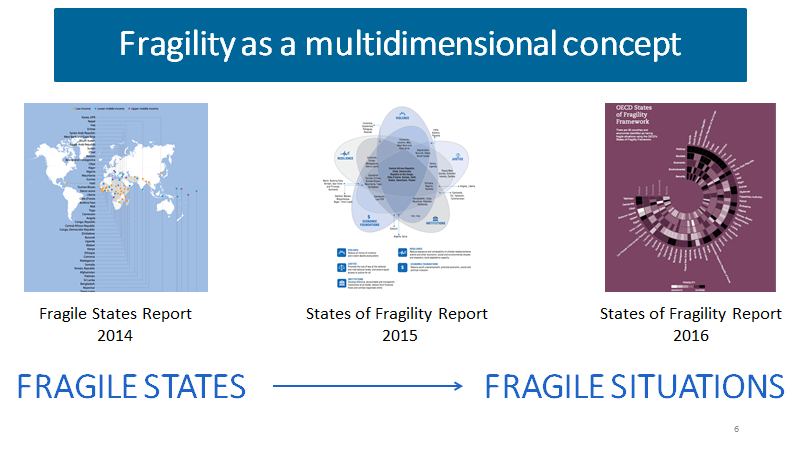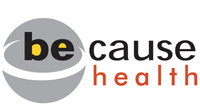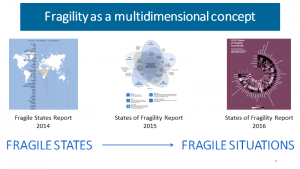
Reflections on recent roundtable “Universal health coverage – UHC in fragile settings”, December12th, 2017
Blog by Button Ricarte, Advocacy Coordinator and Policy Writer, UHC Study Group (UP Manila), Health Policy Intern, ITM
On the 12th of December 2012, the United Nations passed a resolution calling for all nations to provide affordable and quality health care for all their citizens. Since then, December 12 has been designated the Universal Health Coverage (UHC) Day. This year, to mark the fifth anniversary of this important resolution, various groups have organised events around the UHC theme, with the biggest gathering being the High-Level forum in Tokyo, Japan.
In the past half-decade, there has been a lot of progress in terms of “leaving no one behind” on the road to UHC, although a lot still remains to be done. Still, frameworks such as the Sustainable Development Goals (SDGs), the UHC cube, and the six building blocks of the health system have allowed the health community to adopt a more organised and strategic approach towards the achievement of this global aspiration, not to mention the more systems & complexity-oriented approaches and frameworks. For sure, no framework has been left behind on the UHC journey. However, we know that applying such frameworks and approaches in fragile contexts, such as countries under conflict, is a very challenging endeavour indeed. Different strategies must be adopted to address gaps in these fragile settings.
In line with this, and to commemorate UHC Day, the Belgian platform on International health Be-cause health organised a round-table discussion on “Universal Health Care in Fragile Contexts” in Brussels – also a ‘fragile setting’ of sorts, some would argue. For the first presentation, my colleagues Sara Van Belle & Willem van de Put from ITM shared findings from a recent research project on “Multi-Disciplinary Evidence on Coordination and Health Systems Strengthening (HSS) in Countries Under Stress” commissioned by the International Health Partnership for UHC 2030 (UHC2030). The second presentation came from Jessica Martini, on behalf of ACROPOLIS (ACademic Research Organisation for POLicy Support), a Belgian network focusing on governance for development, amongst others. She introduced practical guidance on how to work in fragile environments.
Typically, when UHC is discussed at events like this, I have noticed that of the building blocks, health financing or human resources are usually the stars of the show. Increasingly, governance is also being highlighted, as was the case here (and in Tokyo, I hear). In the Brussels meeting, however, my interest was drawn more to the importance of health information systems. I was reminded of some articles I’ve read about countries with unstable financial systems, which opt increasingly for Bitcoin as a more secure and reliable alternate to their failing currencies. In these volatile situations, technology (like blockchain) allows for transparent checks and balances during transactions without the need for too much red tape. Applying this technology to fragile health systems (where there is, almost by definition, “instability” in governance, health service delivery, etc.), should help to reinforce the health information system, and provide different stakeholders with the data that is essential to the design of effective health system strengthening initiatives.
Both presentations emphasised the value of local perspectives and context when dealing with fragile settings, yet we know that there are still large disparities between the evidence being used (and generated) by external actors and reality on the ground. Big data, action research, and data https://www.be-causehealth.be/nl/bch-events/uhc-day-round-table-on-universal-health-coverage-in-fragile-contexts/management strategies may be the shots in the arm needed to change the game in countries under stress. In the same way that global UHC efforts have been designed to address the various health inequities, focusing on initiatives to improve health information systems will help reduce information asymmetry and strengthen the relationships between the different stakeholders. With UHC Day in its 5th year, now would be the perfect time to adopt new interventions on this – still somewhat ‘left behind’ – building block.
Button Ricarte
Read the presentations from the round table of 12 December 2017.






